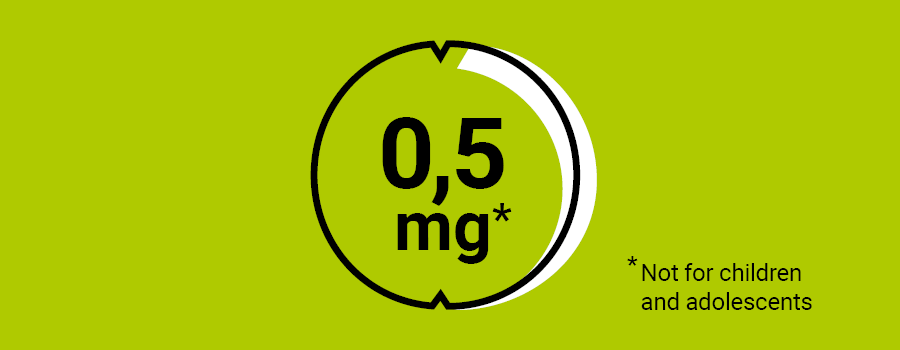You are here:
Boron
Boron is absorbed by humans through food, including drinking water and mineral waters. Other sources through which we can come into contact with boron are products such as medicinal and cosmetic products, consumer goods in contact with food, toys, detergents, adhesives or carpets that contain boron compounds because of their antiseptic, preservative, softening or flame-retardant properties.
According to the European Food Safety Authority (EFSA), boron has not been proven to be an essential nutrient. So far, no specific physiological, biochemical function of the mineral in humans or higher animals has been identified. Recommended intakes are not given by EFSA or by the nutrition societies in Germany, Austria and Switzerland. However, EFSA has derived tolerable maximum daily intakes for adults and children based on animal experiments.
These can be exceeded in children and adolescents with high boron intakes - via boron-rich foods and boron-rich mineral water as well as boron intakes from food contact materials. Food supplements containing boron should therefore carry a notice stating that they are not suitable for children and adolescents.
Proposed maximum level for the addition of boron to food supplements (per daily dose of an individual product):
 |
In order to enable adult consumers to make a significant additional intake via food supplements when needed and at the same time protect people from excessive intake of boron, the German Federal Institute for Risk Assessment (BfR) recommends not adding more than 0.5 milligrams (mg) per daily dose to a food supplement.
7/11/2023
Opinion
(2)| Date | Title | Size |
|---|---|---|
|
15.03.2021 BfR Opinion No. 009/2021
|
Updated recommended maximum levels for the addition of vitamins and minerals to food supplements and conventional foods |
478.3 KB
|
|
07.02.2006 BfR Opinion No. 024/2006
|
Maximum limits for boron and fluoride in natural mineral water should be in line with drinking water regulations |
30.9 KB
|

